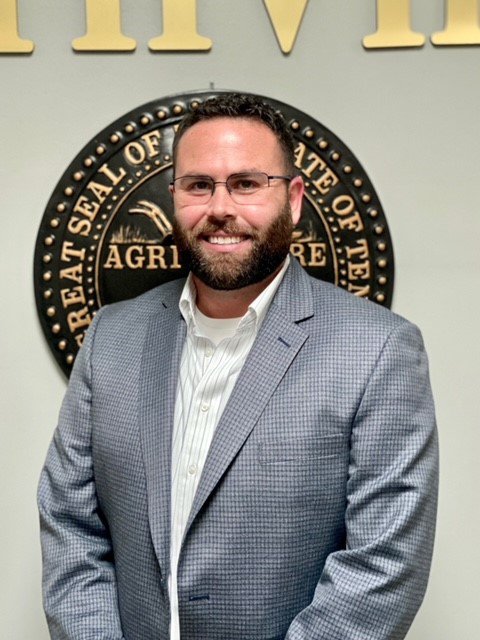Due to changes made to the State of Tennessee regulations, the City of Smithville may soon prohibit some types of septic systems used by private developers.
During Smithville’s regular meeting of the Mayor and Board of Aldermen on Monday, February 6, Daniel Tribble, Manager of Field Services for JR Wauford and Company of Nashville, recommended that the city adopt an ordinance or resolution to prohibit future installation of Septic Tank Effluent Pump Systems (STEPs) based on a new state law.
“In a typical sewer system, you have houses that discharge through plumbing to a gravity line which flow through manholes that go to pump stations which ultimately end up in your wastewater plant,” said Tribble.
“Alternatively, you could have lines from a home that discharge into a tank which has a grinder pump that pumps into a low-pressure sewer line and then discharges to a gravity sewer line or another pumping station. We call that a STEP system (Septic Tank Effluent Pump System). These systems are not recommended for cities that have central wastewater collection systems like the City of Smithville does. You have manholes, gravity lines, and pump stations to take all this wastewater to your plant and treat it there,” Tribble continued.
“The State of Tennessee passed regulations in May 2022 that changed how cities and municipalities have to view the ownership and control of these STEP systems. It states low pressure pumps, low pressure tanks, septic tank effluent pumps, STEP tanks, and septic effluent gravity tanks are integral to the treatment and conveyance of sewer in a low-pressure system design and shall be owned or under control of the municipality, other body of government, public utility district, or a privately owned public utility demonstrating lawful jurisdiction over the service area.”
“What that means is the city would be ultimately responsible for the maintenance of these low-pressure gravity sewer lines and pumps. Instead of pumps that you have to replace just at the pump stations everyone pumps to, effectively the city would be responsible for maintaining the pumps of every resident who had this type of (STEP) system. Some are already in the system on Coconut Ridge, but they are not desirable long term for the City of Smithville. It’s our recommendation that you don’t allow these in the future,” Tribble explained.
Tribble also updated the board on the sewer line project on Carter Street. “The gravity sewer repair job is being done by John Hall Construction. The notice to proceed was issued Monday. They are starting on Carter Street with an estimated completion date of May or June depending upon weather,” said Tribble.
The work is the beginning of an almost one-million-dollar project to rehab sewer lines and manholes in certain parts of town including Earl Avenue and West Main Street in addition to Carter Street.
Tribble also gave a progress report on the two grants the city will be using to do further sewer system rehab work. “The city was awarded a $300,000 Community Development Block Grant in November. We had the project kickoff meeting with the Tennessee Department of Economic and Community Deveopment representative on January 25. This grant will be married to American Rescue Plan grant funds which total just over $1.5 million. The intent is to use both of those funds totaling $1.8 million to design a sewer system rehabilitation project that will meet the needs and requirements of both these grants. Both grants will be administered by the Upper Cumberland Development District.
In other business, the Smithville Board adopted on first reading an ordinance to amend the current schedule of permit fees for building, mechanical, and plumbing upon the recommendation of the city’s building codes inspector Lewis Bryant.
Currently, building permits are calculated based on $80 per square foot cost for a single-family dwelling. Under this ordinance, the fee would increase to $120 per square foot cost.
Mechanical permits currently include a $30 base fee for the first $1,000 and $3 for each additional thousand dollars. The new base fee would go to $50 for the first $1,000 and $5 for each additional thousand dollars.
The cost of a plumbing permit currently includes a $20 base fee plus $3.50 per fixture. The new plumbing permit would consist of a $40 base fee plus $5.00 per fixture.
According to the ordinance amendment, the final building permit valuation shall be set by the building official and may be adjusted upon current data provided by the International Code Council where applicable.
The ordinance amendment also establishes a $100 fee for consultation or inspection not otherwise covered by a building, mechanical, or plumbing permit.
Second and final reading of the ordinance will be scheduled at the next meeting of the Mayor and Aldermen following a public hearing in March.





